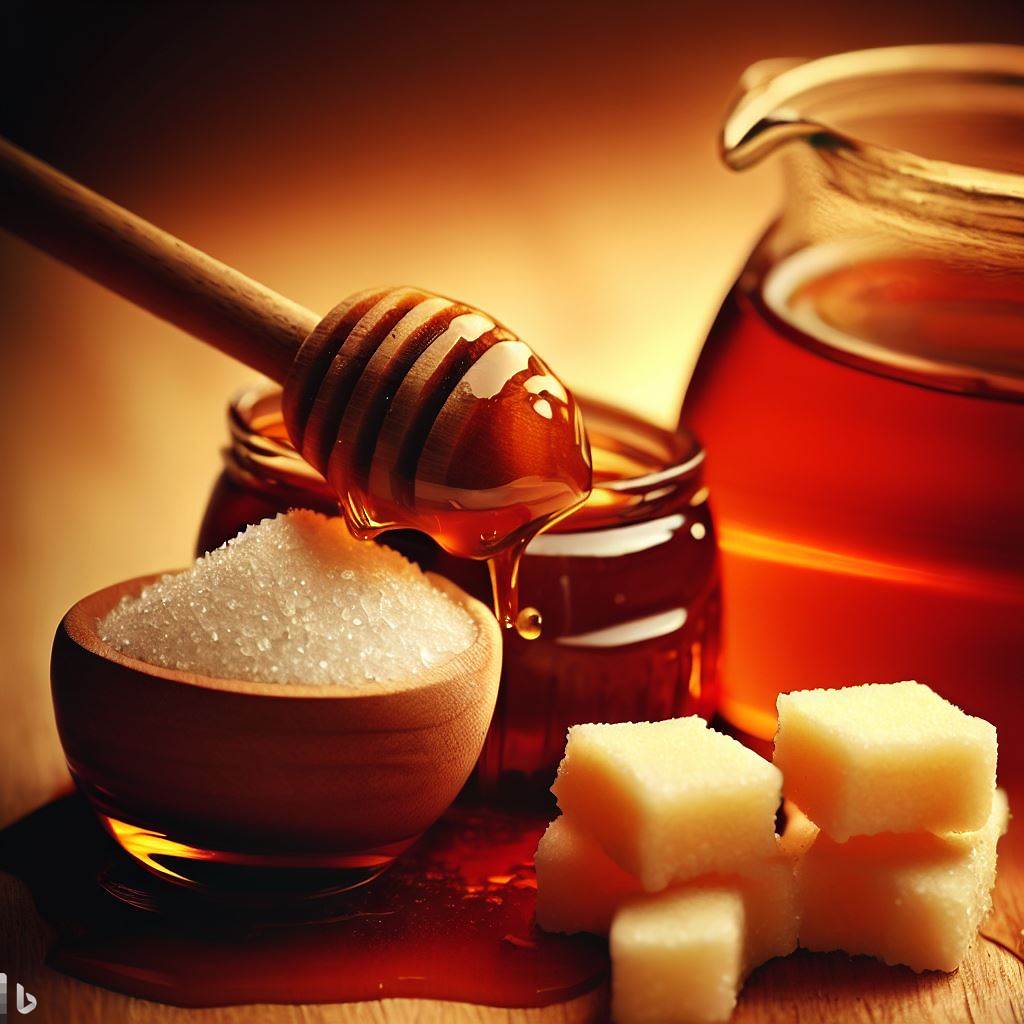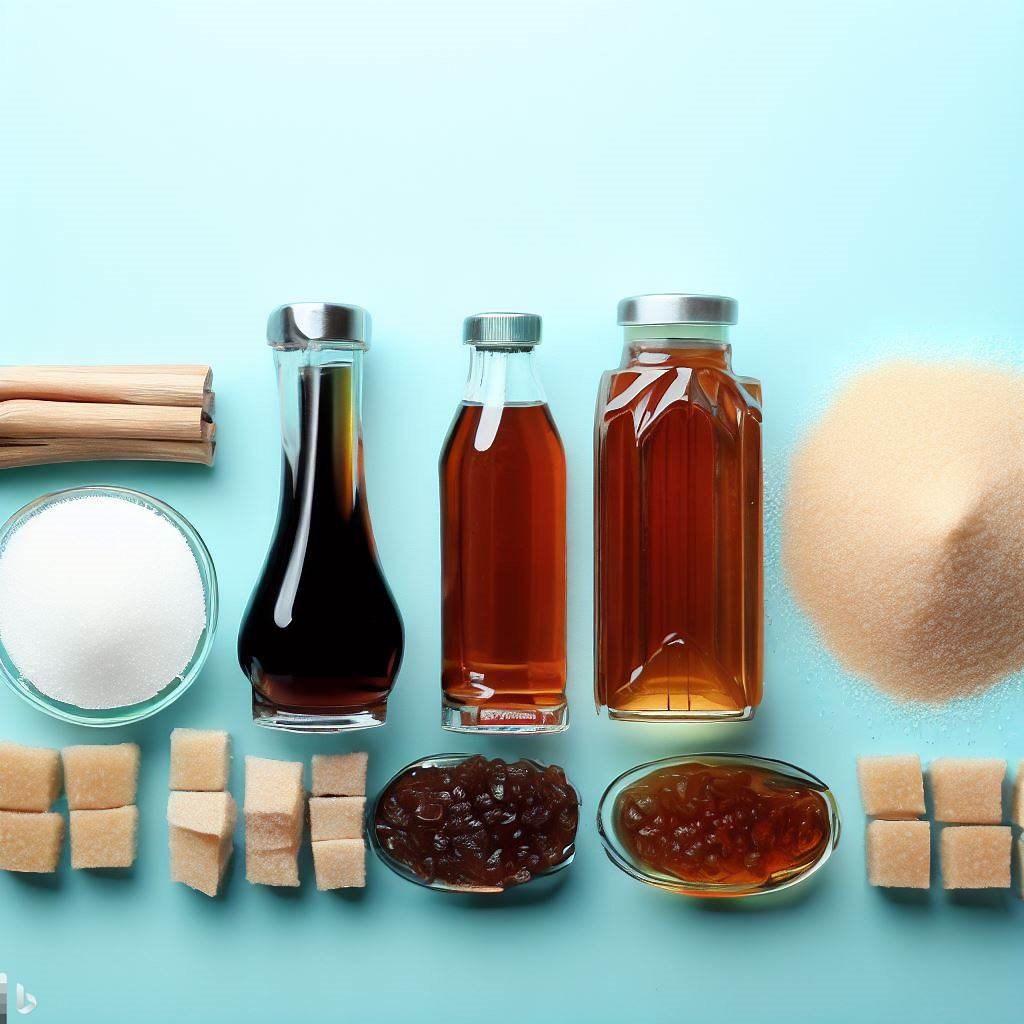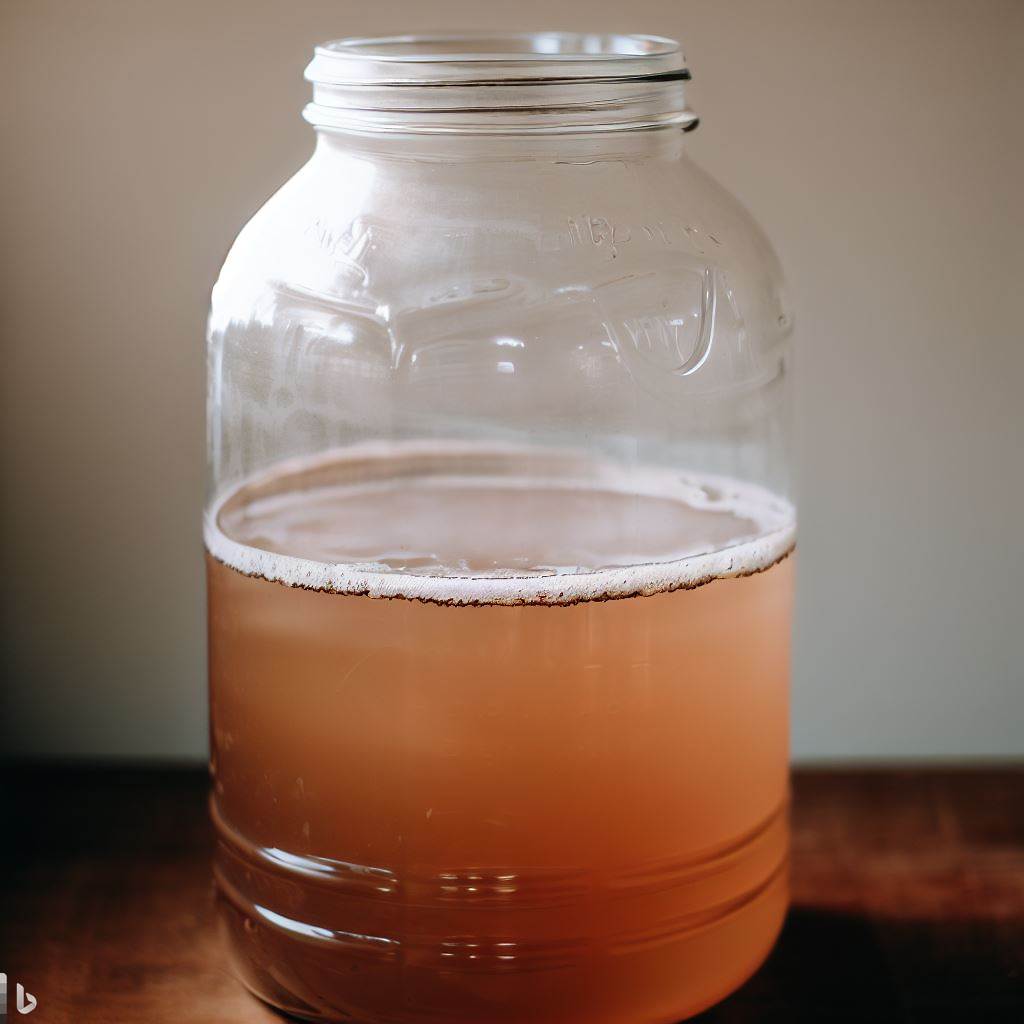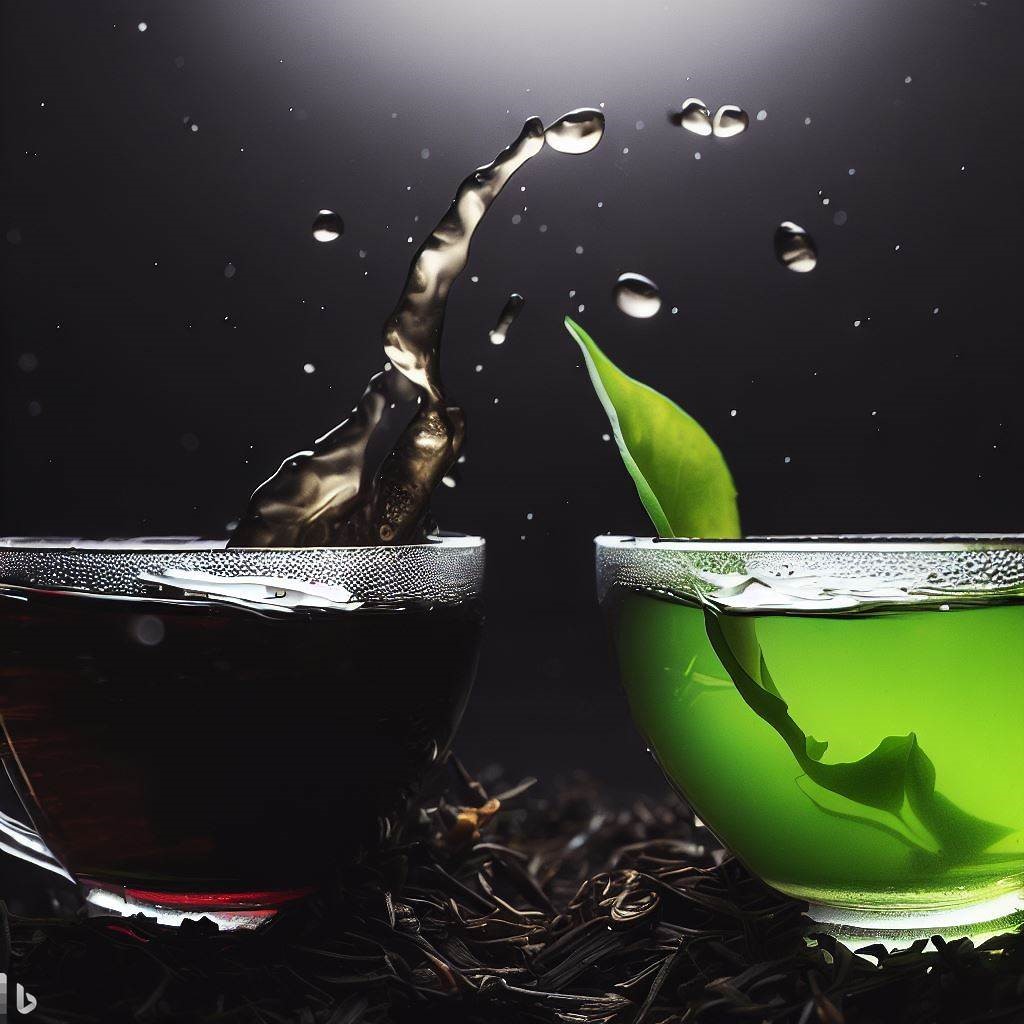What happens when you want to experiment with different sweeteners in your kombucha brew? Can the same SCOBY be used? This article will delve into the impact of various sweeteners on the kombucha brewing process and the SCOBY’s adaptability. Now lets start our deep dive on Exploring Kombucha Sweeteners in Brewing Kombucha!
Understanding the Role of Sugar
Sugar plays a crucial role in kombucha brewing. It’s not there to sweeten the drink for us, but to feed the SCOBY. The SCOBY consumes the sugar, converting it into various compounds that give kombucha its characteristic tangy flavor and slight fizziness. The type of sugar used can influence the taste, fermentation speed, and overall health of the SCOBY.
What Kombucha Sweeteners Can you Use?

1. Cane Sugar: This is the most commonly used sugar in kombucha brewing. It’s easy for the SCOBY to digest and results in a consistent and reliable fermentation process.
2. Honey: Honey can be used in kombucha brewing, but it’s more complex for the SCOBY to break down. It can also introduce additional bacteria and yeast strains, potentially altering the SCOBY’s balance. Honey is typically used in “Jun” tea, a cousin of kombucha, which uses a SCOBY adapted to ferment with honey and green tea.
3. Maple Syrup: Like honey, maple syrup is more complex and harder for the SCOBY to digest. It can be used but may result in a slower fermentation process.
4. Artificial Sweeteners: These are not recommended for kombucha brewing. The SCOBY cannot digest artificial sweeteners, so they won’t support the fermentation process.
Can you use the same SCOBY?
The SCOBY is a resilient and adaptable organism. It can adjust to different types of sugar, but sudden changes can stress it. If you want to experiment with different sweeteners, it’s recommended to do so gradually. Start by replacing a small portion of the regular sugar with the new sweetener, then gradually increase the amount over several brewing cycles. This gives the SCOBY time to adapt to the new food source.
It’s also a good idea to keep a backup SCOBY in a SCOBY hotel with its preferred sugar, just in case the experiment doesn’t work out. This way, you can always return to your regular brewing process without starting from scratch.
Final Thoughts
Finally, while it’s possible to use different sweeteners when brewing kombucha, it’s important to understand how these changes can impact the SCOBY and the fermentation process. Always remember that the health of the SCOBY is paramount for a successful brew. Exploring Kombucha Sweeteners in Brewing can be an exciting way to discover new flavor profiles in your kombucha, but it should be done with care and consideration for the SCOBY’s needs.
Want a deep dive on sweetener options for Kombucha? Click on this Youtube link.
Keep on reading on the Cool Kombucha Brewing Lifestyle:







